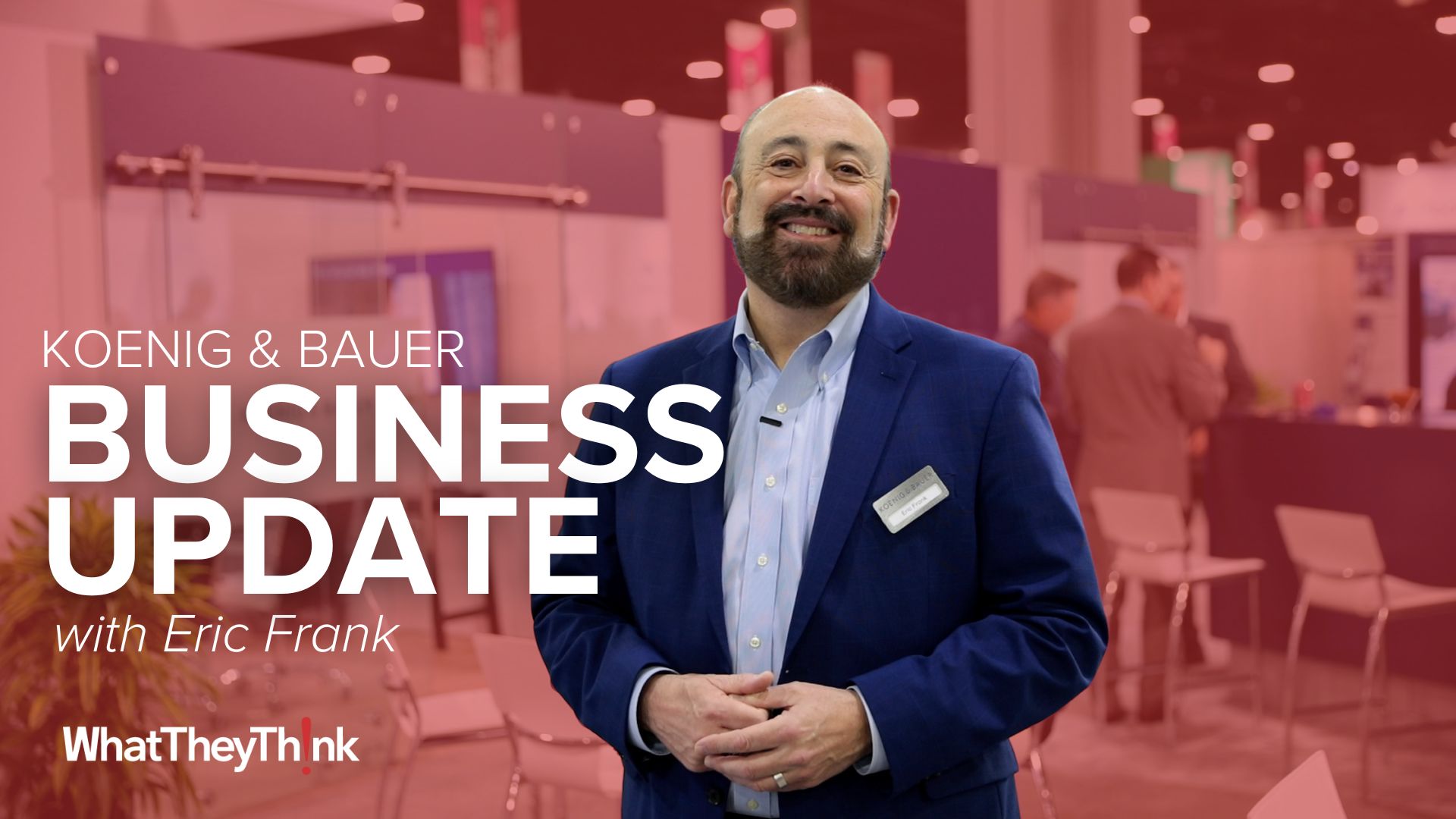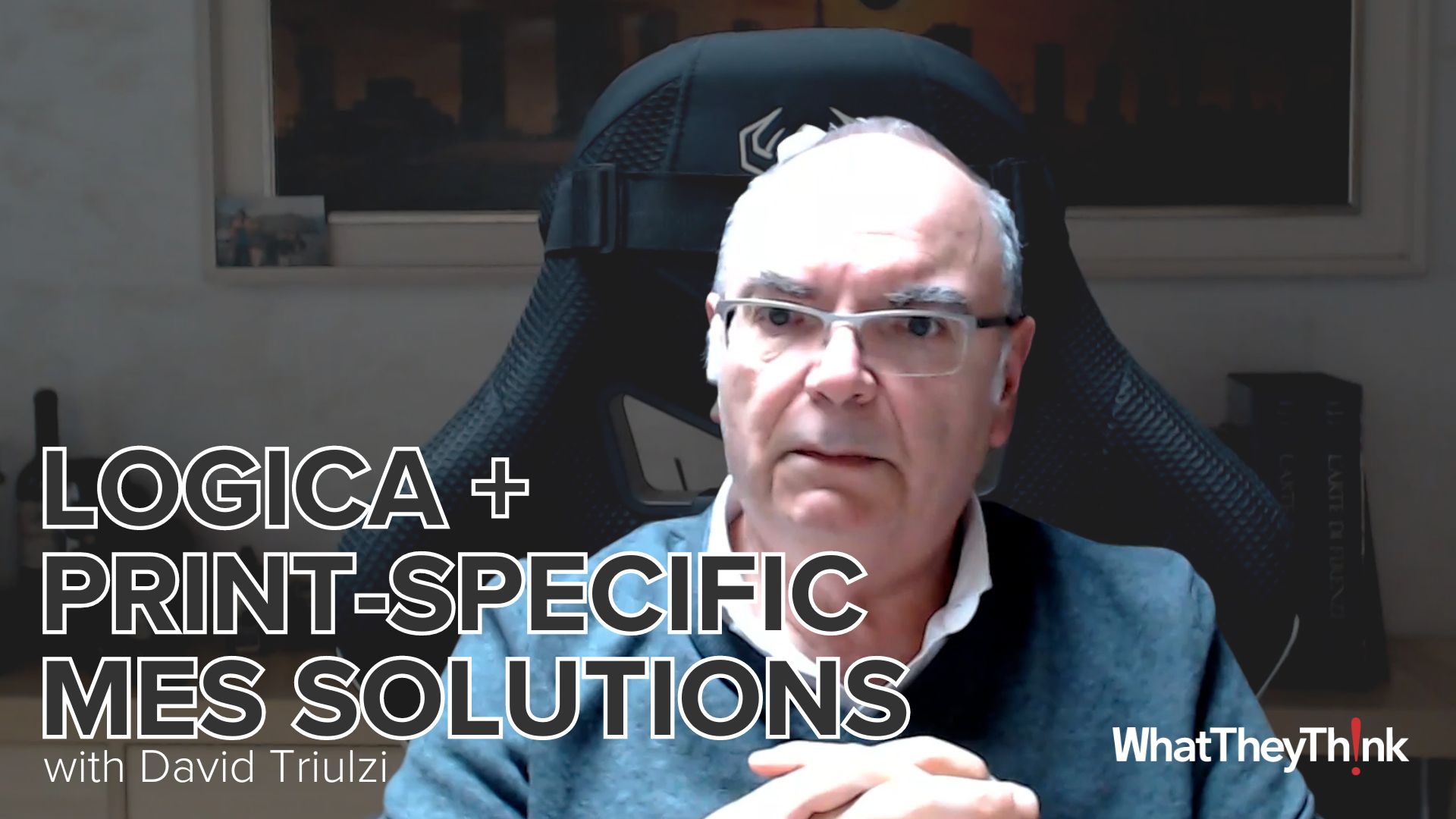New York’s Mayor Bloomberg has—as with any such initiative—incurred the plaudits of some, and the ire of others for his
proposed phase-out of foam food packaging. (Personally, I would be all in favor of banning those packing noodles, but for reasons that have nothing to do with the environment.) This would include take-out boxes, cups, trays, and the like. Bloomberg also announced a pilot composting initiative for Staten Island which, if successful, can be scaled up and implemented city-wide.
The plastic foam ban is not the first of its kind; San Francisco, Portland, Ore., and Seattle have similar laws on the books.
Says
Environmental Leader:
City officials said a plastic-foam ban on products including cups, trays and takeout boxes could save millions of dollars, reported the New York Times. Recycling plastic foam, which is not biodegradable, can cost up to $20 per ton. The major’s office estimated the city’s annual waste stream included about 20,000 tons of plastic foam, reported the Times.
The next question being, well, what are the alternatives?
Since 2009, Global Green USA has worked with our Coalition for Resource Recovery to develop and promote solutions for recycling foodservice packaging into valuable, high-quality materials. In recycling trials with Western Michigan University we’ve found that many foodservice packaging items can be recycled into valuable new products — even with some food contamination.
And good news for the paper industry:
Our 2013 efforts will focus on testing the range of replacements for expanded polystyrene, such as molded fiber and micro-flute paper products. Markets for recovered paper are growing stronger as traditional sources of fiber are declining. This makes the transition to paper-based alternatives for expanded polystyrene timely from both an environmental and economic perspective.
But the plastics industry was not amused. Says
Plastics News:
[...]PS foam food service products make up less than one percent of solid waste in the U.S., according to the Environmental Protection Agency. Those products use significantly less energy and water to manufacture that [sic] paper alternatives and create significantly less waste by weight and comparable waste by volume, he said.
In a Feb. 14 phone interview, ACC plastics markets managing director Keith Christman said that New York’s City Council previously has considered a PS foam food service ban, but ultimately rejected it, partly because replacing EPS food service products with alternatives would cost the city an additional $7 million per year.
He also pointed out that an item on the city’s own Department of Sanitation website states that PS foam accounts for only 0.5 percent of the city’s waste.
As my aunt used to say, “it depends whose ox is being gored.”









